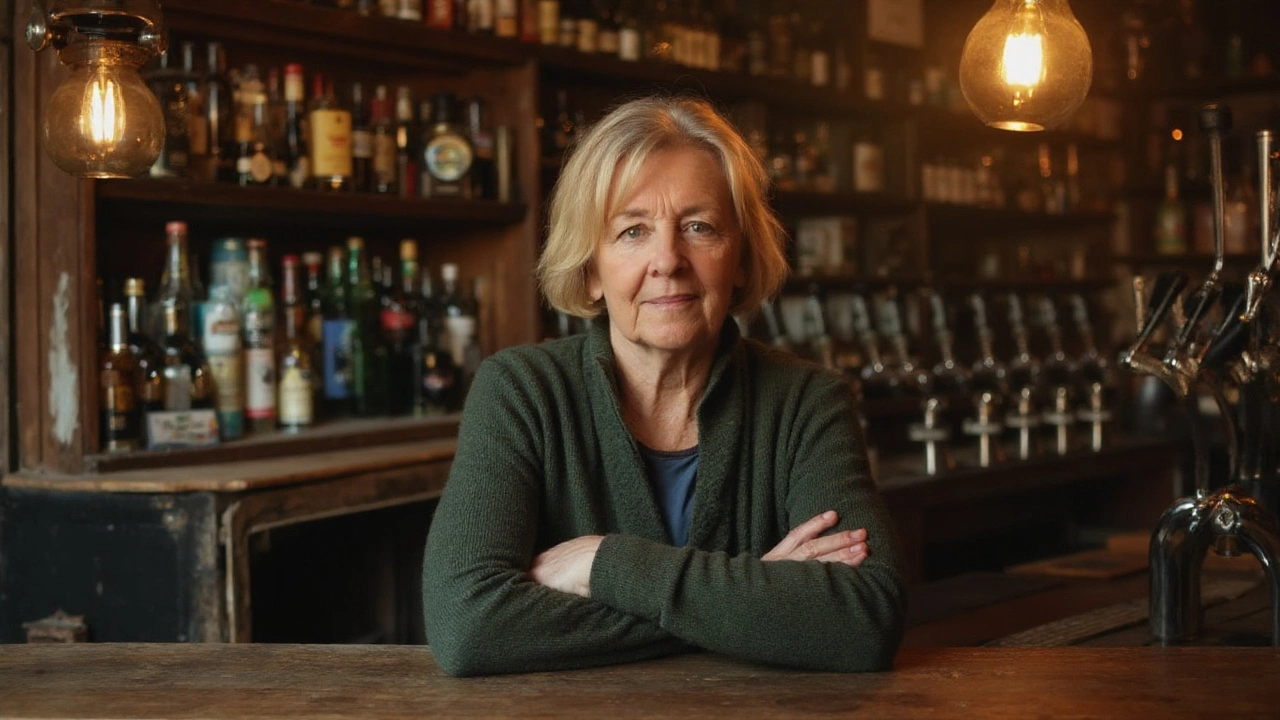Pub Closures – How Shutting Bars Impacts the Motorsport World
When talking about pub closures, the permanent or temporary shutdown of local bars and taverns, usually driven by licensing issues, economic pressures, or regulatory changes. Also known as public house shut‑downs, it sets off a chain reaction that reaches far beyond the street corner. Motorsport, the organized sport of racing cars, bikes, or other vehicles on tracks or public roads depends heavily on community hubs where fans, crews, and drivers gather. Those venues act as informal briefing rooms, sponsorship spots, and morale boosters. In short, pub closures disrupt the social fabric that fuels racing enthusiasm.
What the shutdown means for race drivers and fans
Most race drivers, professional competitors who pilot high‑performance vehicles in series like Formula 1, NASCAR, or rally treat their local pub as a de‑brief hub after a race weekend. It’s where they swap data, celebrate wins, and plan improvements. When that space vanishes, the informal knowledge exchange slows, and team bonding suffers. The same goes for fans who rely on a familiar spot to watch live streams, discuss tactics, and meet local track clubs. Without a gathering place, the sense of belonging weakens, and casual followers may drift away from the sport altogether.
Beyond the social angle, FIA International Competition License, the credential that lets drivers compete in globally sanctioned events often requires a network of local sponsors and mentors – many of whom meet first in a pub setting. Those relationships help aspiring racers navigate the licensing process, from logging seat‑time to passing medical checks. When pubs close, the matchmaking pipeline frays, making it harder for newcomers to find the guidance they need to earn that coveted licence.
Even niche disciplines feel the pinch. Take drifting, the motorsport where drivers intentionally oversteer to maintain controlled slides around corners. Drifting crews often organize practice sessions, parts swaps, and sponsor talks over a pint. Losing that informal meeting spot can delay event planning and reduce the flow of fresh ideas, which in turn slows the sport’s growth. The same pattern shows up in grassroots karting, historic race clubs, and electric vehicle racing series – all of which rely on the pub as a low‑cost, high‑visibility platform.
All these threads tie back to the central idea that pub closures don’t just erase a local business; they reshape the ecosystem that keeps motorsport alive at the community level. Below, you’ll find a curated mix of articles that dive deeper into specific topics: from the different types of auto racing, to the skill set of race drivers, to how to secure an FIA licence, and even a look at whether drifting deserves its place in the racing world. Use them to see how each piece fits into the bigger picture of a sport that thrives on connection, tradition, and a good‑old gathering spot.
- September 10, 2025
- Comments 0
- Local News
